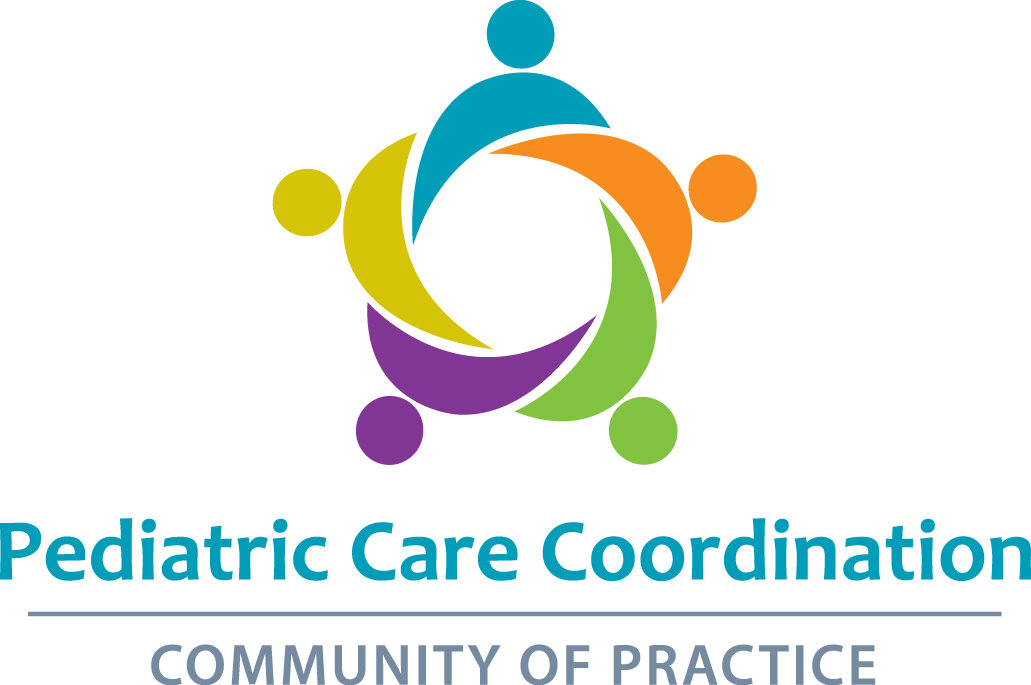Hosted By: Pediatric Care Coordination: Community of Practice (PCC CoP)
Cost: Free
Roxanne King (she/her) - Program Manager for Caregiver Services, Proof Alliance
Julia Conkel-Ziebell, Ph.D., LP (she/her) - Clinical Psychologist, Proof Alliance
Objectives:
Understand the process of FASD diagnosis & subsequent support
Gain insight on how to effectively support children with FASD
Learn about resources for youth with FASD and their caregivers
Roxanne King Bio: Roxanne King, certified Community Health Worker, is a native of Chicago, IL, and she has lived in the Twin Cities Metro area since 1992. She received her Associate Degree in Healthcare Management from Kaplan University in 2006. Soon after starting employment at NorthPoint Health and Wellness Center, she developed a compassion for helping high-risk OB patients. She enjoys giving back to the community by supporting those that need assistance with navigating services for their families. Roxanne is also certified as a Doula from DONA International. She is now the Program Manager of Caregiver Services at Proof Alliance and has been a caregiver for 25+ years and has worked professionally with families for 15+ years.
Dr. Conkel-Ziebell Bio: Dr. Conkel-Ziebell is a Licensed Clinical Psychologist with an emphasis in psychological and neuropsychological evaluation of children and adolescents. She is the lead psychologist at the Proof Alliance FASD Diagnostic Clinic. She received a Ph.D. in Educational Psychology from the University of Minnesota. Dr. Conkel-Ziebell completed her doctoral residency in pediatric psychology and neuropsychology at the University of Minnesota Medical School and postdoctoral training at the FASD & Neurodevelopmental Disorders Clinic at Canvas Health. In addition, she holds a clinical certification as an FASD trainer from the Great Lakes FASD Regional Training Center. She has provided extensive training on FASD at the regional and national level.
*A Certificate of Completion will be provided to all registered participants after the webinar, which includes the details about the webinar and the objectives, and can be used to obtain professional development or educational credits if appropriate for your particular situation.
